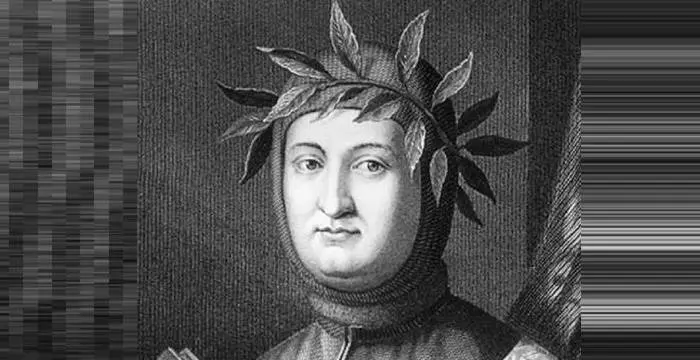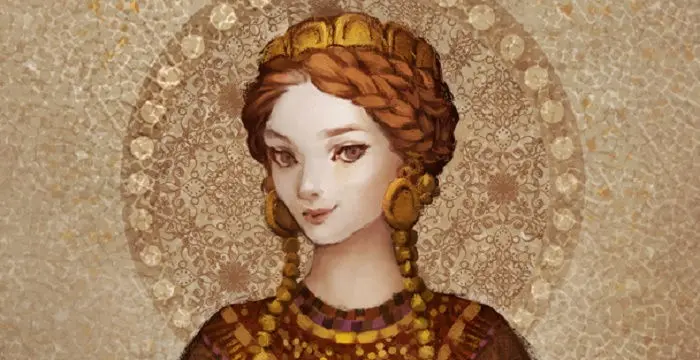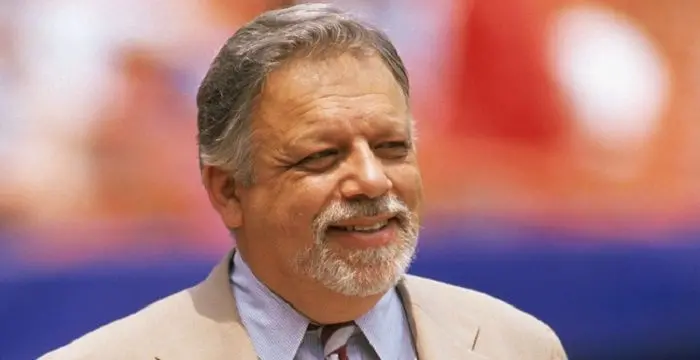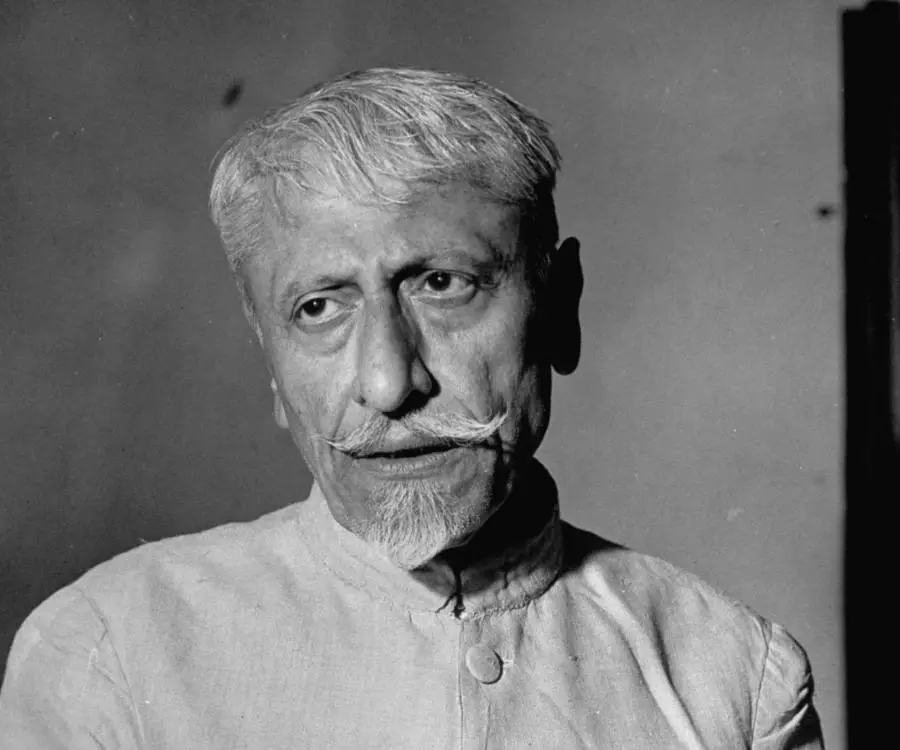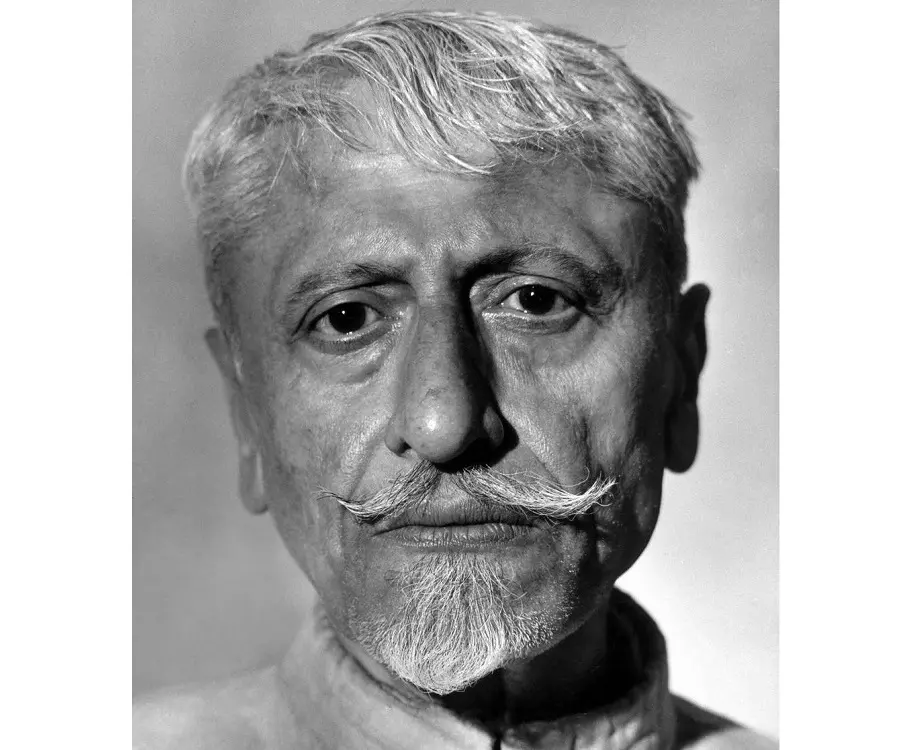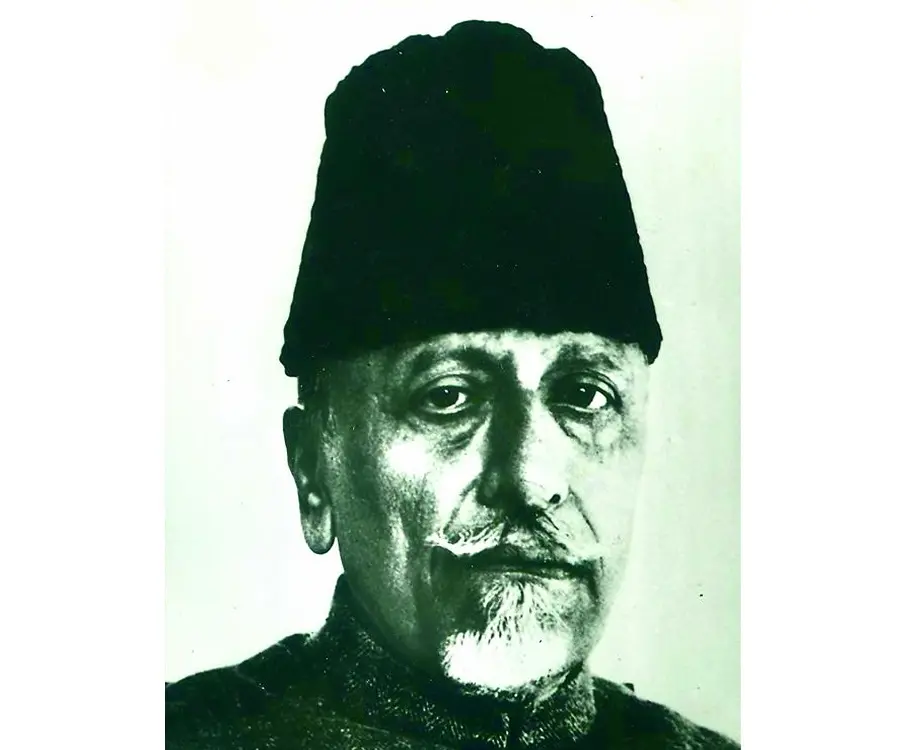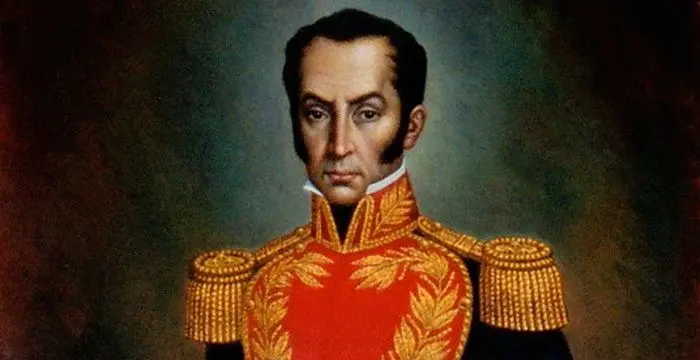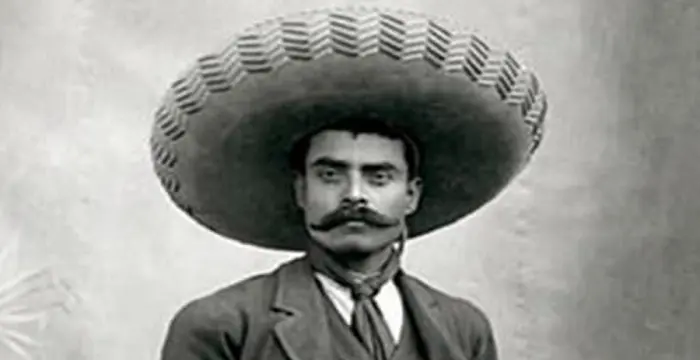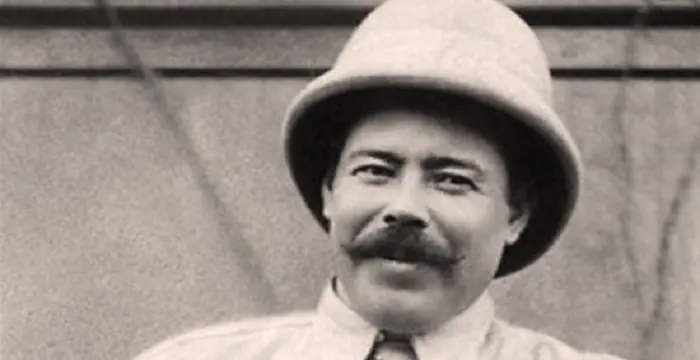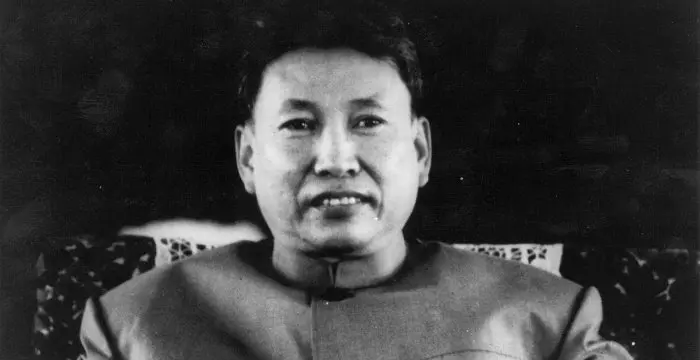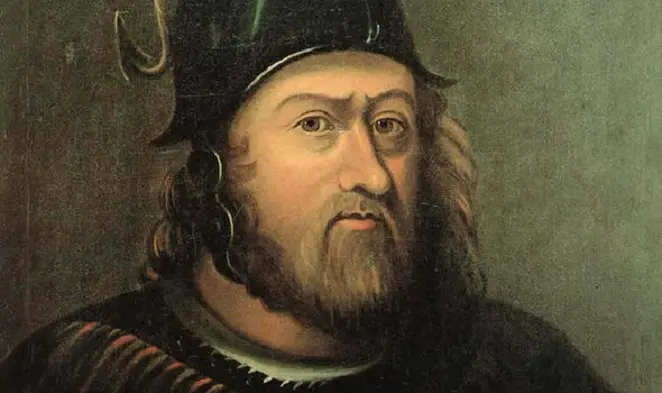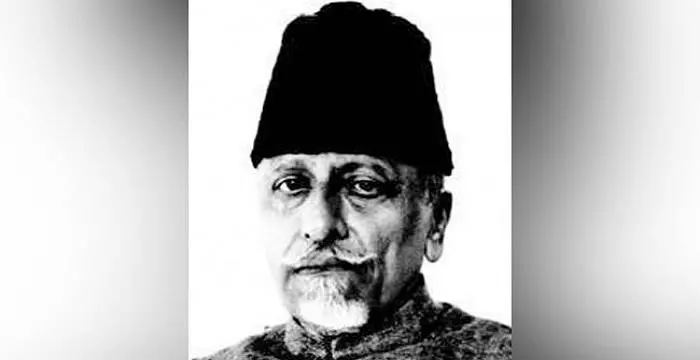
Maulana Abul Kalam Azad - Scholar, Family and Facts
Maulana Abul Kalam Azad's Personal Details
Maulana Abul Kalam Azad was prominent leader who contributed actively in the Indian freedom struggle.
| Information | Detail |
|---|---|
| Birthday | November 11, 1888 |
| Died on | February 22, 1958 |
| Nationality | Indian |
| Famous | Leaders, Political Leaders, Revolutionaries, Scholar |
| Spouses | Zulaikha Begum |
| Birth Place | Mecca, Saudi Arabia |
| Gender | Male |
| Sun Sign | Scorpio |
| Born in | Mecca, Saudi Arabia |
| Famous as | Indian scholar |
| Died at Age | 69 |
// Famous Scholar
Francesco Petrarch
Fêted as the “Father of Humanism”, Francesco Petrarch is one of the most influential literary figures the world has ever had. Explore this biography to know about his childhood, life and timeline.
Anna Comnena
Anna Comnena was the Greek princess and scholar who wrote the ‘Alexiad’. This biography of Anna Julia Cooper provides detailed information about her childhood, life, achievements, works & timeline.
A. Bartlett Giamatti
A. Bartlett Giamatti was an American scholar and Commissioner of Major League Baseball. This biography profiles his childhood, life, career, achievements & timeline.
Maulana Abul Kalam Azad's photo
Who is Maulana Abul Kalam Azad?
Maulana Abul Kalam Azad was the face of communal harmony in modern India. A renowned scholar and an active political leader, he had a charismatic personality right from the beginning. So deep embedded was the willingness to participate in the national struggle for independence that he gave up on his clergyman profession and took to serving in the Indian independence movement. Azad was profoundly inspired by Gandhi and was an active supporter of the latter’s non-violence, civil disobedience and non-cooperation movement. Unlike other Muslim leaders, he condemned communal separation advocated by Muhammad Ali Jinnah and other Muslim leaders and stressed on the fact that national freedom was of greater importance than communal freedom. He worked for religious harmony and became a staunch opponent of the partition. He lived long not just to witness Indian Independence and the subsequent Partition, but also served as free India’s first Education Minister.
// Famous Leaders
Edi Rama
Edi Rama is the current Prime Minister of Albania. Check out this biography to know about his childhood, life, achievements, works & timeline.
Tecumseh
Tecumseh was a Native American leader of the Shawnee clan. This biography profiles his childhood, life and timeline.
Khalifa bin Zayed Al Nahyan
Sheikh Khalifa bin Zayed Al Nahyan is the current President of the United Arab Emirates (UAE). Check out this biography to know about his birthday, childhood, family life, achievements and fun facts about him.
Childhood & Early Life
Maulana Abul Kalam Azad was born as Abul Kalam Ghulam Muhiyuddin on November 11, 1888 in Mecca, Saudi Arabia to Maulana Muhammad Khairuddin and Zulaikha Begum.
Descendant of the eminent scholars of the Islamic religion, learning and writing came naturally to young Azad. Since an early age, he became multi-linguist, mastering numerous languages such as Urdu, Hindi, Persian, Bengali, English and Arabic. He received tutelage in Hanbali fiqh, shariat, mathematics, philosophy, world history and science.
A meritorious student, he was blessed with a strong aptitude for knowledge that helped him stay ahead of his contemporaries. At a young age, he brought out several journals, served as an editor of the weekly Al-Misbah and reinterpreted the holy Quran, the Hadith and the principles of Fiqh and Kalam.
It was during this time that he developed radical political views that were in contingent with the Indian nationalist movement. He was critical of the British Raj and the Muslim’s communal issues that he believed were not as important as national freedom.
His visit to Afghanistan, Iraq, Egypt, Syria and Turkey reformed his belief and conviction and turned him into a nationalist revolutionary. Upon returning to India, he was influenced by prominent Hindu revolutionaries Sri Aurobindo and Shyam Sundar Chakravarty and actively participated in the national struggle for freedom.
Unlike other Muslim activists, he opposed the partition of Bengal and rejected All India Muslim League’s plea for communal separatism. He was against the racial discrimination meted out to the people of India.
Later Life
Despite being trained as a clergyman, he did not take up clerical duties and instead decided to work along with Hindu revolutionaries in the freedom struggle. With time, he accentuated the radical activities which were concentrated in Bengal and Bihar, by spreading them all over North India and Bombay.
In 1912, he started the Urdu weekly newspaper, Al-Hilal, through which he openly attacked the British policies and fervently wrote articles on Indian nationalism. The newspaper became a revolutionary mouthpiece publicizing extremists’ ideals and views.
Interestingly, the rift created between the Hindus and Muslims, which had stiffened in the wake of the issue of separate communal electorates, got a breather as Al-Hilal improved Hindu Muslim relations and encouraged youth to fight for independence and Hindu-Muslim unity.
In 1914, with the stiffening of censorship due to the establishment of Press Act, Al Hilal was banned. He then started a new journal, Al Balagh which worked on the same lines as Al Hilal, actively propagating nationalist causes and communal unity.
The threat posed by Al Balagh finally resulted in the banning of the newspaper under the Defence of India Regulations Act. He was arrested and imprisoned in a jail in Ranchi where he remained until January 1, 1920.
Outrage and rebellion engulfed the political scenario of the country when he was released as people strongly resented the British policies that restricted civil liberties and individual rights. He further aroused the Muslim community by working in close association with the Khilafat movement.
He joined hands with Gandhi-led Indian National Congress and contributed in the Non-Cooperation Movement by urging people to boycott everything British, from schools, government offices and clothes to goods and services
He served as the elected president of the All India Khilafat Committee. Along with other Khilafat leaders, he founded the Jamia Millia Islamia institution in Delhi.
Inspired by Gandhi and the principles of life laid out by Prophet Muhammad, he underwent a major transformation in his personal life. He worked on the agenda of Gandhi, deeply committing himself to ahimsa.
In 1923, he was elected as the Congress President, thus becoming the youngest man ever to hold the post. Following year, he headed the Unity Conference in Delhi and worked to bridge the differences between Khilafat and Swarajists.
He worked as an important national leader in the Indian Congress and served as the member of the Congress Working Committee, taking up the office of the president and general secretary on various occasions. He travelled extensively in India, promoting Gandhian vision and social reforms.
In 1928, much against the views held by the Muslim league leaders, he fully supported the report made by Motilal Nehru, proposing constitutional reforms from Indian opinions. He opposed the need for separate electorate as demanded by Muhammad Ali Jinnah and instead appealed for a secular India, deprived of any communal differences.
In 1930, he was arrested for violation of salt law as a part of Gandhi’s Salt Satyagraha along with several other leaders. He was put in Meerut jail. In 1934, following the Gandhi-Irwin Pact, he was released.
Following year, he helped organize the election under the Government of India Act. Due to the large number of un-elected members in the central legislature, he didn’t the 1937 elections.
Over the years, he strongly condemned the Muhammad Ali Jinnah and his contemporaries who called the Congress rule as Hindu Raj. They strongly raised their voice and called for the resignation of the Congress ministries.
In 1940, he was elected as the Congress president in the Ramgarh session in the dawn of Muslim activities, which advocated the need for a separate Muslim state. He criticized and condemned religious separatism, stating the need for preserving united India. He remained in the position until 1946.
Meanwhile in 1942, he was arrested by the British along with other Congress leaders due to their call for Quit India Movement. He was imprisoned at the Ahmednagar Fort, where he remained in complete isolation for about four years.
At the dawn of Indian Independence, all political prisoners were released and so was he. Subsequently, he led the Congress in the elections for the new Constituent Assembly of India.
Despite being a staunch opponent, during the partition, he worked closely taking responsibility of the security of Muslims in India. He toured the violence-affected zones of Bengal, Bihar, Punjab and Assam and helped in establishing refugee camps and providing food and security.
Under Nehru administration, he also served as the India’s first Minister of Education from 1947 to 1958. In the profile, he laid emphasis on providing free and compulsory education for all under 14, stressed on adult illiteracy, advancement of secondary education and importance of educating the poor and the women folks.
He laid a thrust on scientific education, established numerous universities and called for institutions that promoted research and higher studies. It was under his ministerial-ship that the first IIT, IISc and the University Grants Commission were established.
Awards & Achievements
For his unsurpassable contribution as a nationalist revolutionary, and his constant support for a vision of united and free India, he was posthumously conferred with the prestigious Bharat Ratna—India’s highest civilian award—in 1992.
Personal Life & Legacy
Conforming to the customary practice of those days, he married at a young age of thirteen to Zulaikha Begum.
He breathed his last on February 22, 1958 due to stroke.
Maulana Abul Kalam Azad was the face of communal harmony in modern India. Despite being a Muslim, he strongly condemned communal separatism and was against Muhammmad Jinnah and his viewpoints.
The Government of India set up the Maulana Azad Education Foundation in 1989 on his birth anniversary to promote education amongst the socially backward class. His birthday is celebrated every years as National Education Day in India.
Numerous schools, colleges and institutions in India have been named after him. He is celebrated as one of the founders and greatest patrons of Jamia Milia Islamia University.
Despite being born as Abul Kalam, he is best remembered by the name Maulana Abul Kalam Azad, ‘Maulana’ being the honorific title advanced to him which means ‘learned man’ and ‘Azad’ the pen name which he adopted.
Trivia
He is famously remembered by the name Maulana Abul Kalam Azad but interestingly this isn’t the name he was born with.
Muhammad Ali Jinnah and other Muslim leaders voiced strongly against this Muslim leader’s conflicting opinion regarding communal separation and jeered at him by calling him ‘Muslim Lord Haw-haw’ and ‘Congress Showboy’.
This great leader shares his birthday with Acharya Kripalani, who was also a prominent freedom fighter. What’s more, Kripalani succeeded him as the President of the Indian National Congress at the Meerut session.
// Famous Political Leaders
Edi Rama
Edi Rama is the current Prime Minister of Albania. Check out this biography to know about his childhood, life, achievements, works & timeline.
Khalifa bin Zayed Al Nahyan
Sheikh Khalifa bin Zayed Al Nahyan is the current President of the United Arab Emirates (UAE). Check out this biography to know about his birthday, childhood, family life, achievements and fun facts about him.
Leo Varadkar
Cam Leo Varadkar is the current Taoiseach—the Prime Minister—of the Republic of Ireland. Check out this biography to know about his childhood, family life, achievements and other facts about his life.
Maulana Abul Kalam Azad biography timelines
- // 11th Nov 1888Maulana Abul Kalam Azad was born as Abul Kalam Ghulam Muhiyuddin on November 11, 1888 in Mecca, Saudi Arabia to Maulana Muhammad Khairuddin and Zulaikha Begum.
- // 1912In 1912, he started the Urdu weekly newspaper, Al-Hilal, through which he openly attacked the British policies and fervently wrote articles on Indian nationalism. The newspaper became a revolutionary mouthpiece publicizing extremists’ ideals and views.
- // 1914In 1914, with the stiffening of censorship due to the establishment of Press Act, Al Hilal was banned. He then started a new journal, Al Balagh which worked on the same lines as Al Hilal, actively propagating nationalist causes and communal unity.
- // 1920The threat posed by Al Balagh finally resulted in the banning of the newspaper under the Defence of India Regulations Act. He was arrested and imprisoned in a jail in Ranchi where he remained until January 1, 1920.
- // 1923In 1923, he was elected as the Congress President, thus becoming the youngest man ever to hold the post. Following year, he headed the Unity Conference in Delhi and worked to bridge the differences between Khilafat and Swarajists.
- // 1928In 1928, much against the views held by the Muslim league leaders, he fully supported the report made by Motilal Nehru, proposing constitutional reforms from Indian opinions. He opposed the need for separate electorate as demanded by Muhammad Ali Jinnah and instead appealed for a secular India, deprived of any communal differences.
- // 1930In 1930, he was arrested for violation of salt law as a part of Gandhi’s Salt Satyagraha along with several other leaders. He was put in Meerut jail. In 1934, following the Gandhi-Irwin Pact, he was released.
- // 1937Following year, he helped organize the election under the Government of India Act. Due to the large number of un-elected members in the central legislature, he didn’t the 1937 elections.
- // 1940In 1940, he was elected as the Congress president in the Ramgarh session in the dawn of Muslim activities, which advocated the need for a separate Muslim state. He criticized and condemned religious separatism, stating the need for preserving united India. He remained in the position until 1946.
- // 1942Meanwhile in 1942, he was arrested by the British along with other Congress leaders due to their call for Quit India Movement. He was imprisoned at the Ahmednagar Fort, where he remained in complete isolation for about four years.
- // 1947 To 1958Under Nehru administration, he also served as the India’s first Minister of Education from 1947 to 1958. In the profile, he laid emphasis on providing free and compulsory education for all under 14, stressed on adult illiteracy, advancement of secondary education and importance of educating the poor and the women folks.
- // 22nd Feb 1958He breathed his last on February 22, 1958 due to stroke.
// Famous Revolutionaries
Tecumseh
Tecumseh was a Native American leader of the Shawnee clan. This biography profiles his childhood, life and timeline.
Simon Bolivar
Simón Bolívar was a Venezuelan military leader who was instrumental in independence of several Latin American countries from the Spanish rule. This biography profiles his childhood, life, achievements and timeline.
Emiliano Zapata
Emiliano Zapata was a Mexican revolutionary leader and one of the most important figures of the Mexican Revolution.Check out this biography to know about his childhood, family life, achievements and other facts about his life.
Pancho Villa
Pancho Villa is one of the most renowned names of the ‘Mexican Revolution’ who was also the Governor of Chihuahua. This biography provides detailed information about his childhood, profile, career and timeline
Pol Pot
Pol Pot was the Cambodian revolutionary who led the Khmer Rouge. This biography provides a glimpse of his childhood, career, profile and timeline.
William Wallace
William Wallace was a Scottish knight who was a central figure in the Wars of Scottish Independence. This biography of William Wallace provides detailed information about his childhood, life, achievements, works & timeline.
Maulana Abul Kalam Azad's FAQ
What is Maulana Abul Kalam Azad birthday?
Maulana Abul Kalam Azad was born at 1888-11-11
When was Maulana Abul Kalam Azad died?
Maulana Abul Kalam Azad was died at 1958-02-22
Which age was Maulana Abul Kalam Azad died?
Maulana Abul Kalam Azad was died at age 69
Where is Maulana Abul Kalam Azad's birth place?
Maulana Abul Kalam Azad was born in Mecca, Saudi Arabia
What is Maulana Abul Kalam Azad nationalities?
Maulana Abul Kalam Azad's nationalities is Indian
Who is Maulana Abul Kalam Azad spouses?
Maulana Abul Kalam Azad's spouses is Zulaikha Begum
What is Maulana Abul Kalam Azad's sun sign?
Maulana Abul Kalam Azad is Scorpio
How famous is Maulana Abul Kalam Azad?
Maulana Abul Kalam Azad is famouse as Indian scholar
